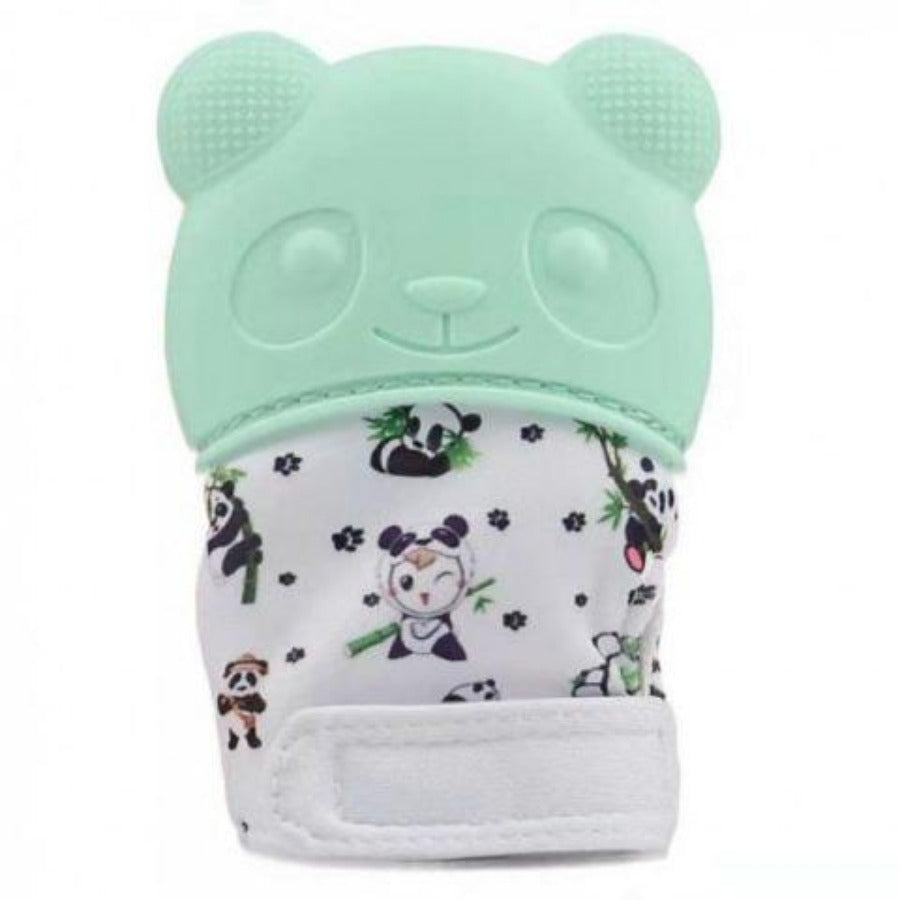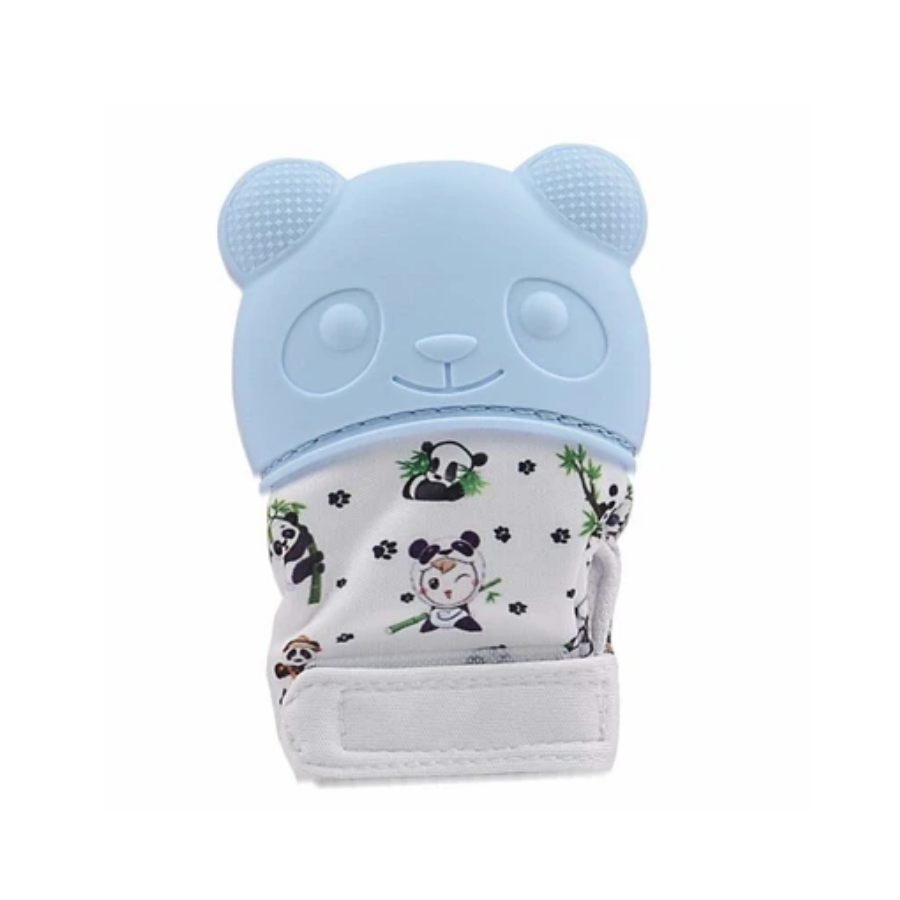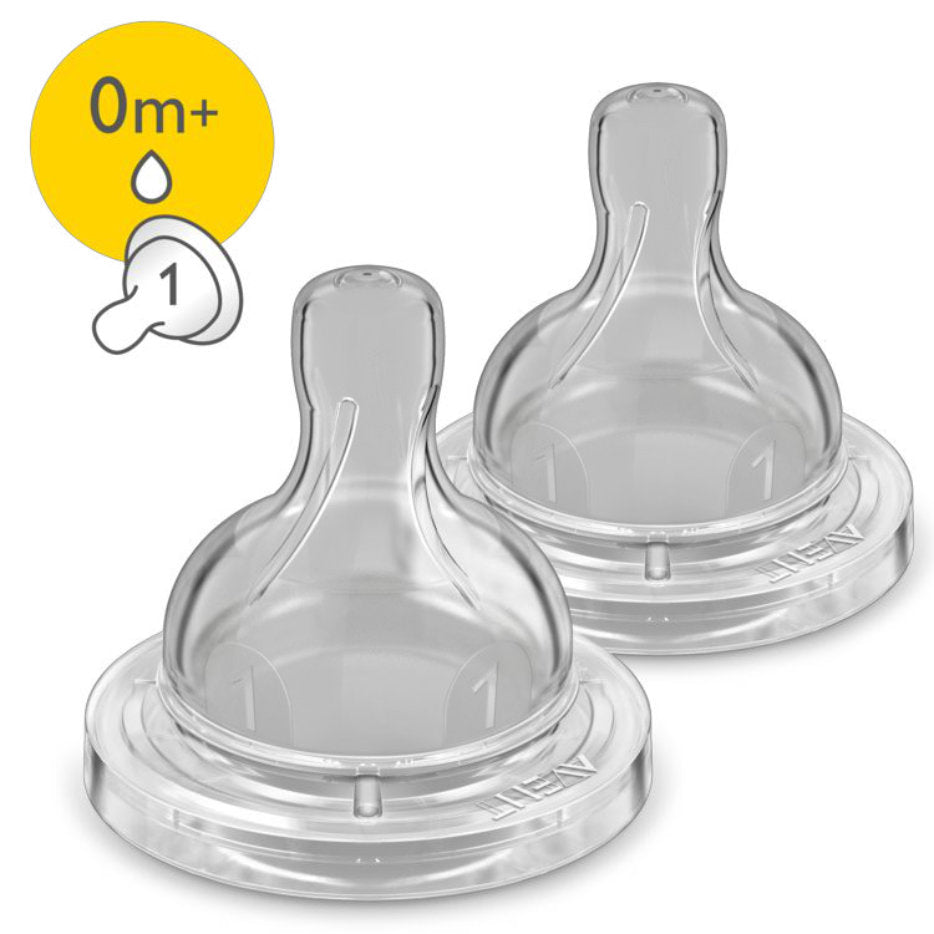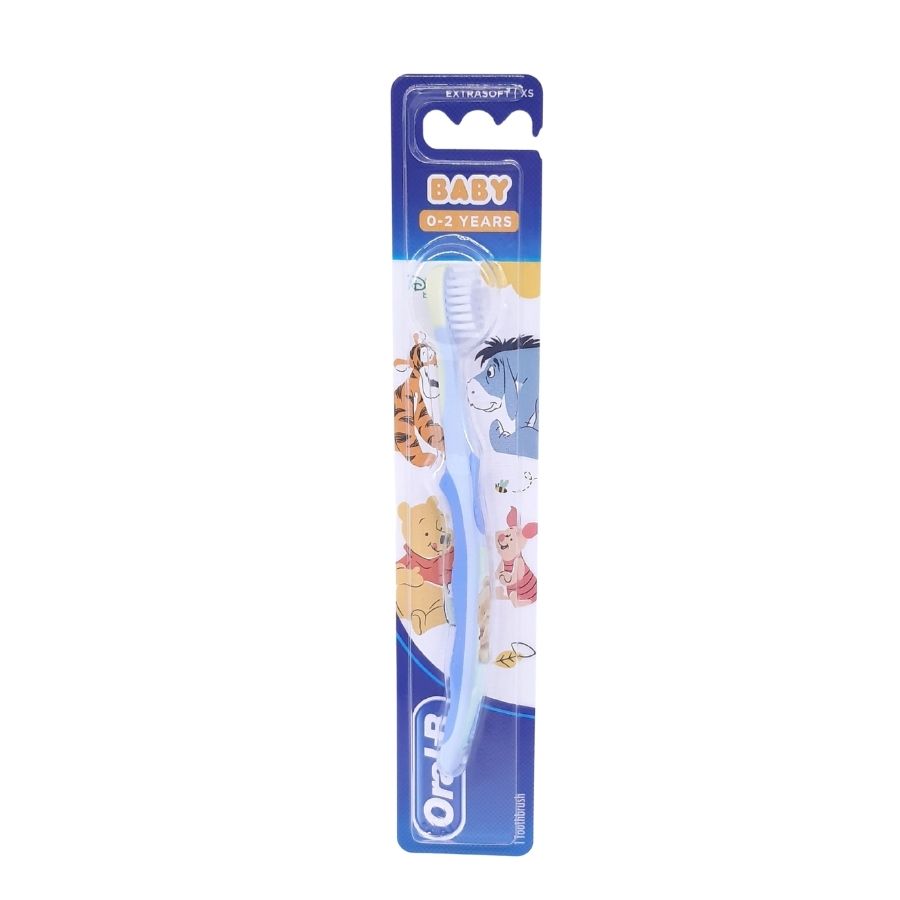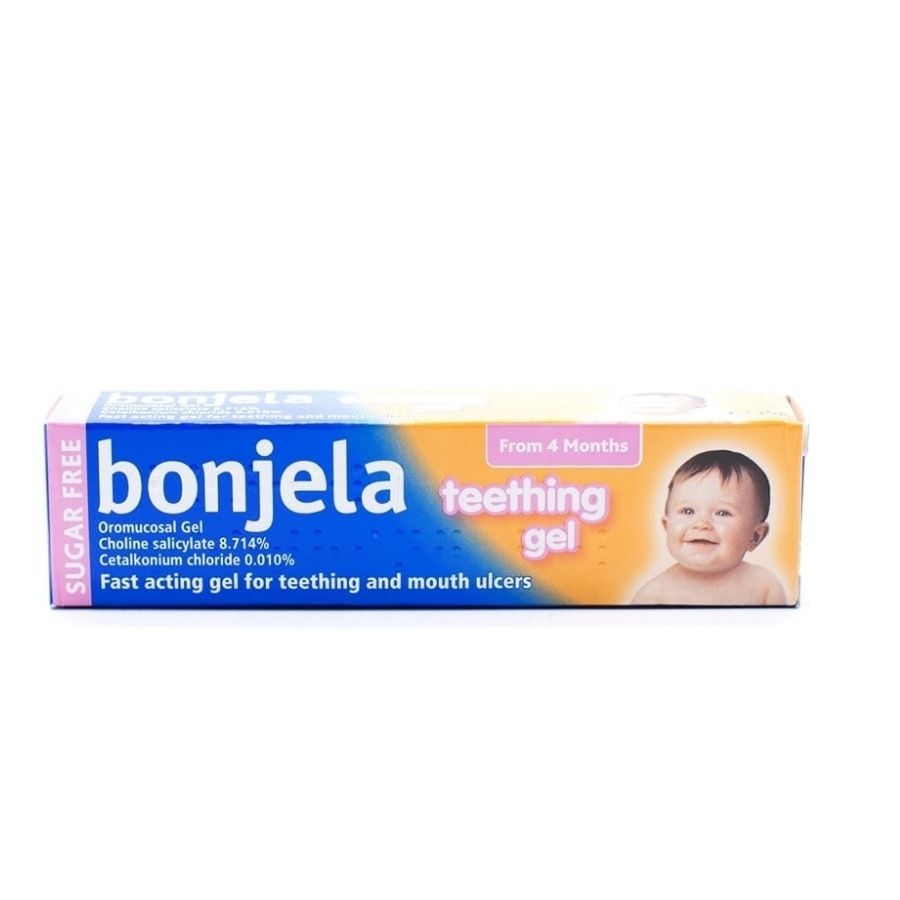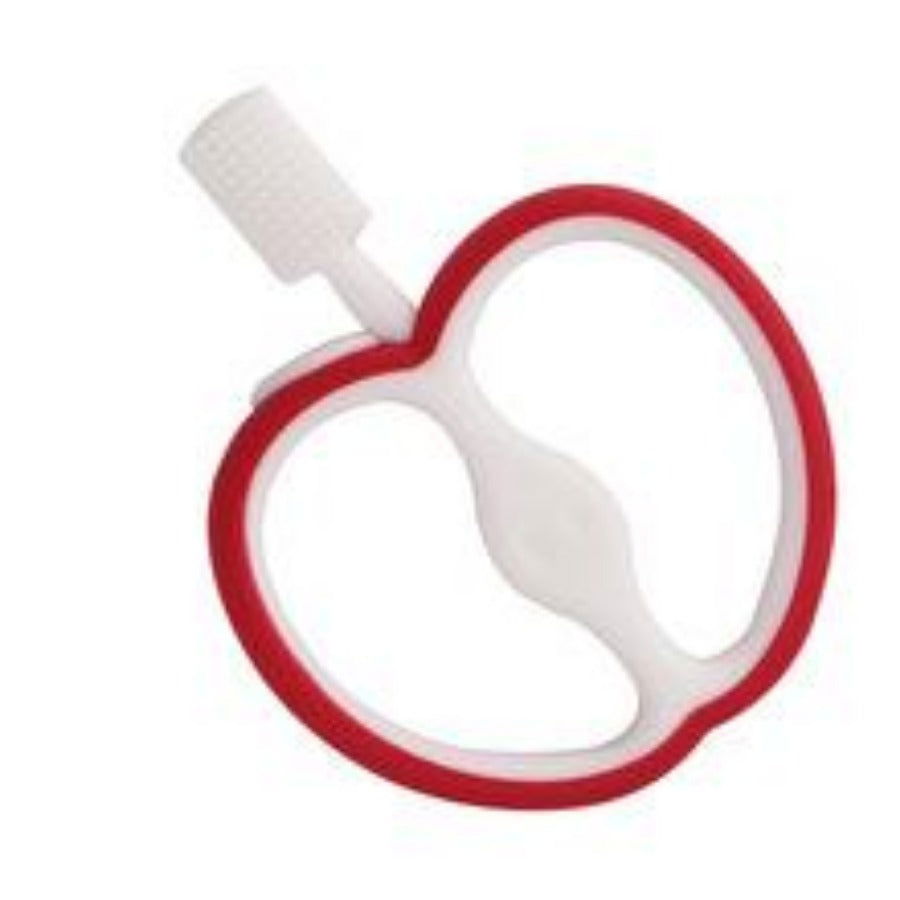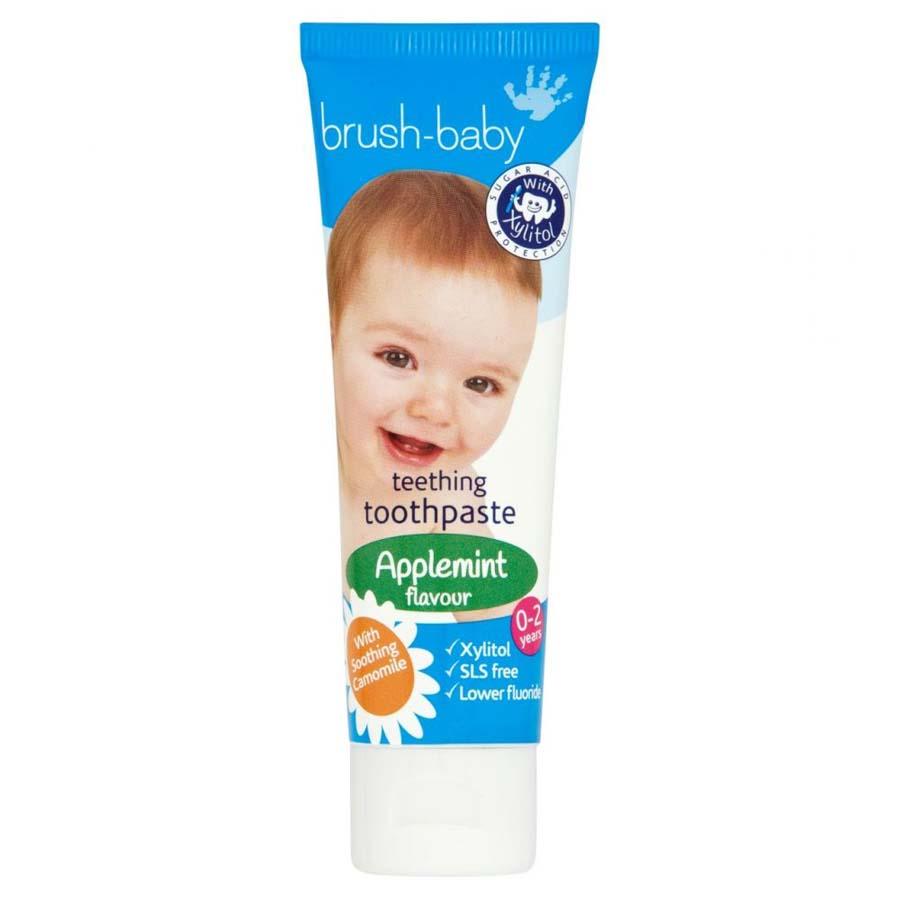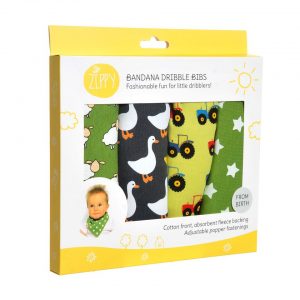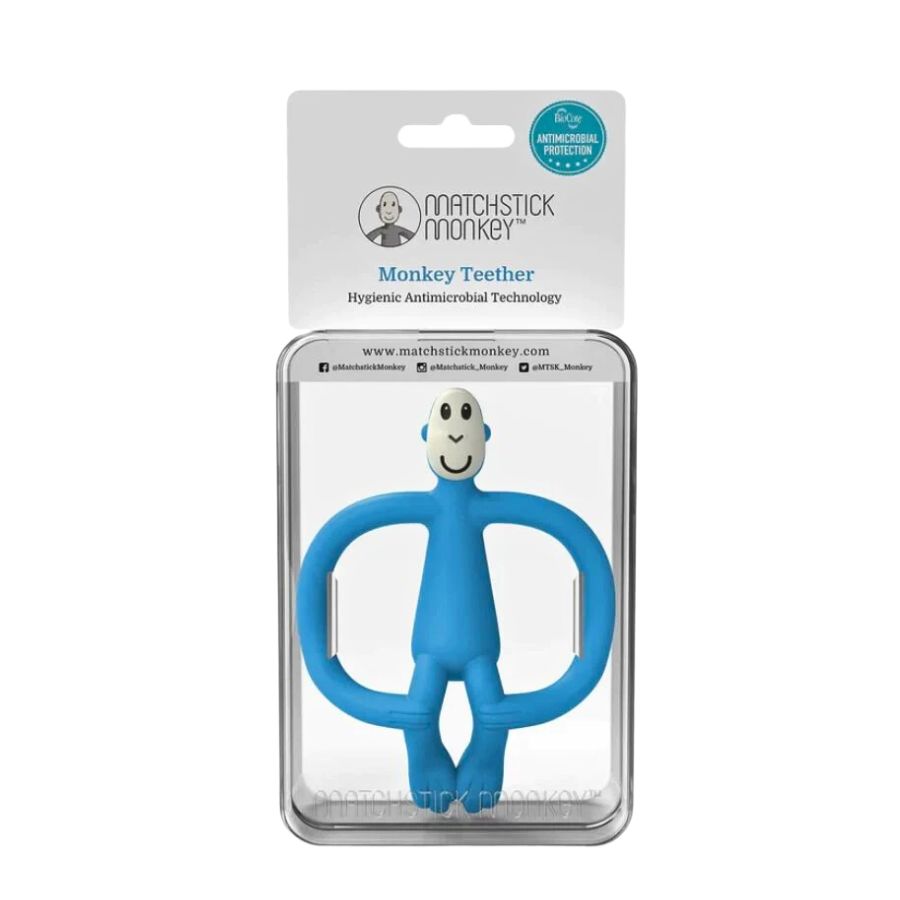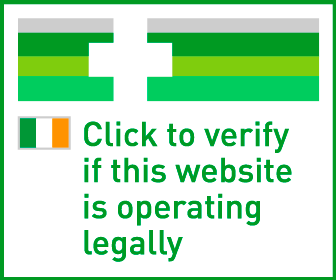Teething
14 products
Showing 1 - 14 of 14 products
Teething Baby. Toys, Ring, Necklace, Toothpaste, Toothbrush, Dribble Bibs, Gel, Syrup, Tablets, Glycerine & Aniseed
When Do Babies Start Teething?
Most newborns begin to teethe between 4 and 7 months old, although others start considerably later. No need to be concerned if your kid's teeth appear at a different time than expected; this is normal and happens to every infant.
Teething Symptoms and Signs
Not all babies will have the same symptoms, however some may include the following:
- Swollen, sensitive gums
- Crying and being irritated
- a tad higher than normal (less than 101 F)
- a desire to chew on something tough
- Drool might create a skin condition on their face.
- Coughing
- Rubbing or tugging at their cheeks and ears
- Making a fist with their lips
- Modifications to one's eating or sleeping schedule
Teething can be uncomfortable, but it doesn’t generally make newborns ill. In the event that your child is experiencing diarrhoea, a temperature of more than 100 degrees, rashes all over the body, or cough and congestion, contact your doctor. These are not typical teething symptoms.
You also should call the physician if your baby’s gums are bleeding or you observe any pus or swelling of their face.
Order of Tooth Eruption
When and how a baby's teeth erupt is an individual matter, and it may be influenced by genetics. However, in the majority of cases, the two lower front teeth erupt first, followed by the two upper front teeth on either side of those. The teeth on either side of the lower front teeth develop next, followed by the first molars. Those teeth in front of the first molars come in next, followed by the back ones.
By the time a child reaches the age of 3, he or she will have a total of 20 "baby teeth."
How to Calm a Teething Baby
You may find that what soothes a friend's baby doesn't work for your own child. A variety of approaches may be necessary to alleviate your child's discomfort:
- A cool pacifier, spoon, clean damp towel, or a solid (not liquid) frozen teething toy or ring will help soothe your baby's gums. There are many who believe that frozen teething toys are harmful to your child's mouth since they are too cold. Toys and other objects used by a baby should be cleaned after each usage.
- Offer a plain, firm teething cracker as an alternative.
- Your infant can drink chilled water from a sippy cup if he or she is at least 6 to 9 months old.
- Gently stroking the gums with your clean finger, massage the gums. Your baby can munch on your finger if its teeth haven't erupted yet. Try immersing your fingers in lukewarm water and rubbing their gums before to each meal if you're breastfeeding. This may prevent them from biting your breast when you are breastfeeding.
